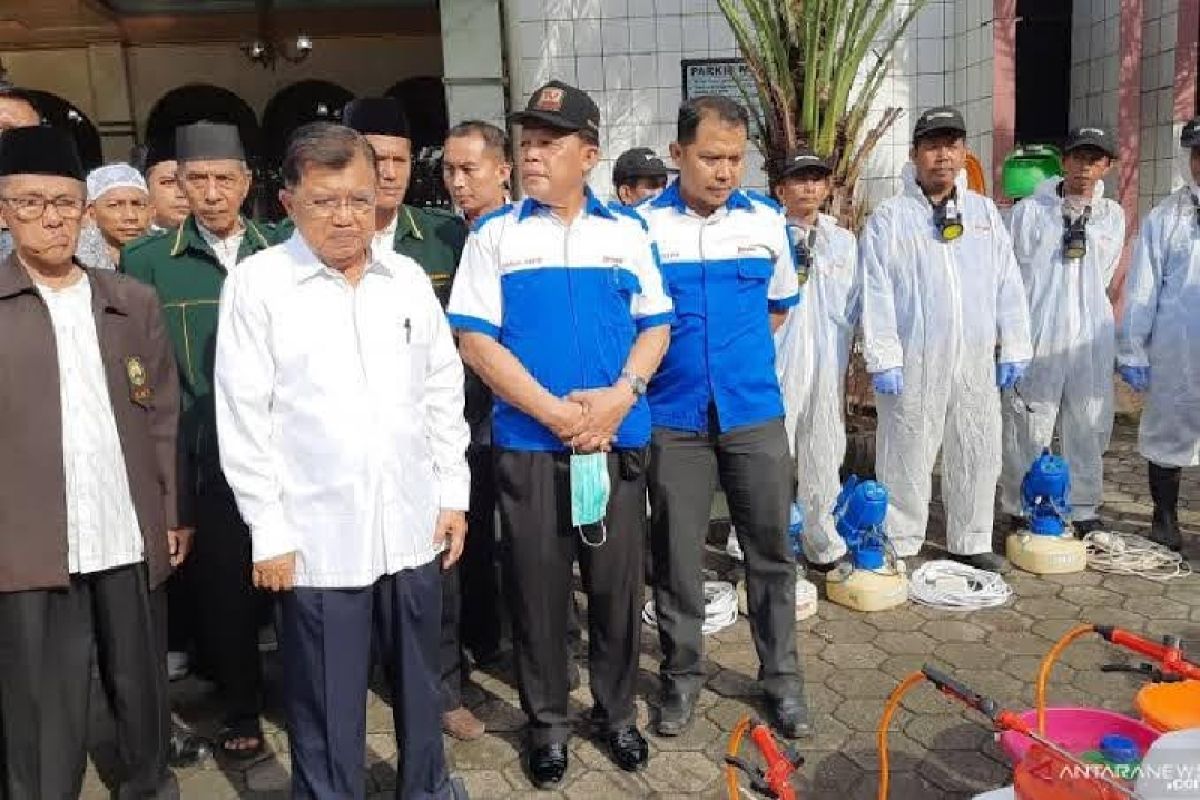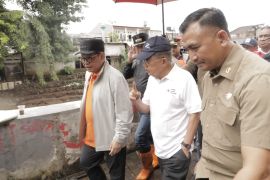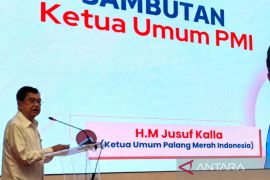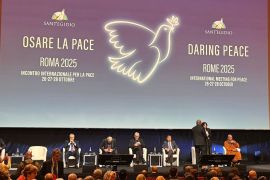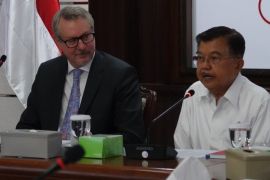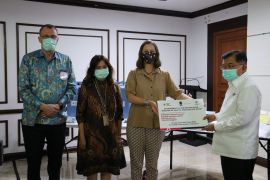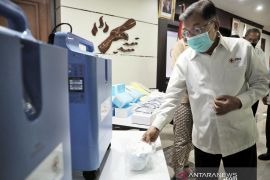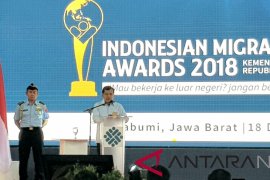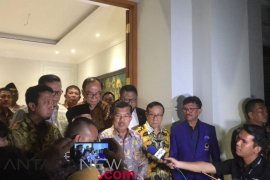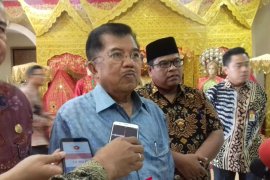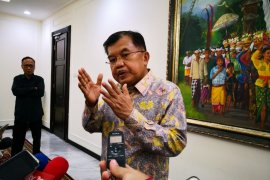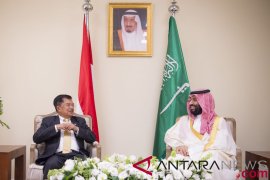Ways to resolve it (the conflict) remain available, but I will not elaborate on them openly hereJayapura, Papua (ANTARA) - General Chairman of the Indonesian Mosques Council (DMI) Jusuf Kalla has hinted that he is ready to mediate a dialogue between the central government and Papuan people to seek solutions to various problems in the Indonesian province of Papua.
"If I am required to become a mediator for the dialogue, I am always ready for it," Jusuf Kalla said while inaugurating the executive board members of DMI-Papua Chapter for a five-year term (2020-2025) here Saturday.
Kalla, who is former vice president during the first presidential term of both former president Susilo Bambang Yudhoyono and incumbent President Joko Widodo, said he still waits for the request for mediating such a dialogue.
The cycle of violence remains unbreakable in Papua as revealed by various shooting incidents and gunfights between notorious armed Papuan rebels and Indonesian security personnel that have repeatedly occurred over the past years.
To seek solutions to the Papuan conflict, the Defense Ministry initiated a focus group discussion in Jakarta on October 14, 2020 during which former vice president Jusuf Kalla was invited as a guest speaker.
Kalla argued that in principle, all violent conflicts can be resolved through peaceful settlement, but each conflict-torn area may demand a different approach. Regarding the Papua conflict, its resolution approach may be distinct from that of Aceh.
Since Indonesia's independence in 1945, the country has experienced 15 large-scale conflicts, most of which have been resolved through military operations, he noted.
"In an independent Indonesia, we have undergone 15 large-scale conflicts with around 1,000 fatalities. Thirteen of the 15 large-scale conflicts were resolved through military operations, while the remaining two were solved through peaceful settlement," he said.
As an initiator of the peaceful resolution to the Aceh conflict, Kalla highlighted the importance of firmly resorting to the basic principle of delivering a win-win solution to achieve everlasting peace.
Referring to his own experience in bringing about peaceful conflict resolution in Aceh, he said the Free Aceh Movement (GAM) never surrendered the firearms of its armed wing's personnel to the Indonesian government.
Instead, according to Kalla, GAM destroyed the weapons, considering that the best option for preserving its dignity. Therefore, in seeking a peaceful solution to an armed conflict, none of the warring parties must feel like a loser or feel their dignity has been lowered, he said.
"Aceh, that was so resistant, could be persuaded to resolve the conflict through a peace talk," he said, adding that in resolving the Papuan conflict, the same strategy used for conflict resolution in Aceh cannot be applied.
In Aceh, the armed groups had a clear chain of command so the approach was prioritized at the upper level, while in Papua, the armed groups belong to various factions without a well-defined chain of command, he argued.
In Papua, armed groups operating in one district or village have no clear chain of command with those in other districts or villages, he said. This fact does not imply that the conflict in the area cannot be resolved, he remarked.
"Ways to resolve it (the conflict) remain available, but I will not elaborate on them openly here," Jusuf Kalla said.
Related news: Mahfud lauds Army's swift action in Intan Jaya arson attack
Related news: Papua police vigilant ahead of voting day
Translator: Muhsidin, Rahmad Nasution
Editor: Fardah Assegaf
Copyright © ANTARA 2020
